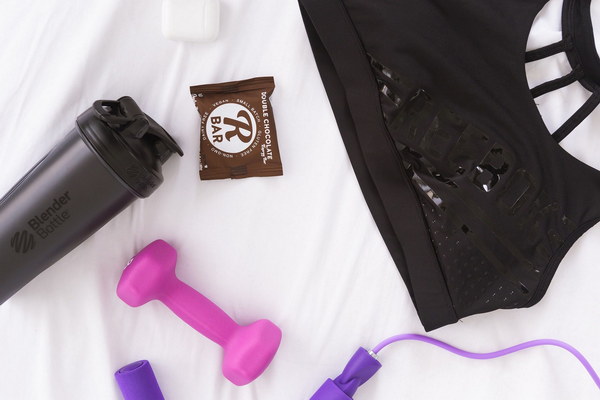Caring for Your Health A Comprehensive Guide to Self-Care for Pneumonia Patients
Introduction:
Pneumonia is a lung infection that can be serious, especially for those with weakened immune systems or underlying health conditions. As a pneumonia patient, it's crucial to take proper care of your body to aid recovery and prevent complications. This comprehensive guide will provide you with essential information on how to maintain your health and well-being during your pneumonia journey.
1. Rest and Sleep:
One of the most important aspects of pneumonia recovery is getting adequate rest. Your body needs time to fight off the infection, so it's essential to prioritize sleep and take breaks when needed. Aim for at least 7-9 hours of sleep per night and take short naps during the day if you feel fatigued.
2. Stay Hydrated:
Drinking plenty of fluids is vital for pneumonia patients. Water helps thin mucus, making it easier to cough up and preventing dehydration. Aim for at least 8-10 glasses of water per day, and consider adding herbal teas or broths to your fluid intake.
3. Follow Medication Instructions:
It's crucial to follow your doctor's instructions regarding medication. This includes taking prescribed antibiotics, pain relievers, and other medications as directed. Do not discontinue or alter your medication without consulting your healthcare provider.
4. Practice Good Hygiene:
Maintain good hygiene to prevent the spread of infection. Wash your hands frequently with soap and water, especially after coughing, sneezing, or blowing your nose. Use hand sanitizer when soap and water are not available.
5. Manage Pain:
Pneumonia can cause pain, particularly in the chest and abdomen. Over-the-counter pain relievers, such as acetaminophen or ibuprofen, can help alleviate discomfort. However, avoid aspirin, as it can thin the blood and increase the risk of bleeding. Consult your doctor if pain persists or worsens.
6. Monitor Breathing:
Keep an eye on your breathing and report any changes to your healthcare provider. Shortness of breath, rapid breathing, or difficulty lying flat may indicate a worsening condition. Practice deep breathing exercises and ask your doctor for recommendations on how to improve your lung function.

7. Stay Warm:
Keep your body warm to prevent further respiratory infections. Wear warm clothing, use blankets, and avoid drafts. However, avoid overheating, as excessive heat can worsen respiratory symptoms.
8. Eat a Balanced Diet:
A nutritious diet can support your immune system and aid recovery. Incorporate a variety of fruits, vegetables, whole grains, lean proteins, and healthy fats into your meals. Ensure you're getting enough calories and protein to maintain energy levels and support healing.
9. Avoid Smoking and secondhand smoke:
Smoking and exposure to secondhand smoke can worsen respiratory symptoms and delay recovery. Quit smoking if you're a smoker, and avoid environments where others are smoking.
10. Seek Immediate Medical Attention for Complications:
If you experience any of the following symptoms, seek immediate medical attention:
- High fever or chills
- Shortness of breath that worsens
- Persistent cough with green, yellow, or blood-tinged phlegm
- Confusion or difficulty waking up
- Chest pain that worsens or does not improve with rest
Conclusion:
Caring for your body during pneumonia recovery is essential for a swift and full recovery. By following these self-care tips and staying in close contact with your healthcare provider, you can improve your chances of a successful recovery and prevent complications. Remember, patience and perseverance are key to overcoming pneumonia.









